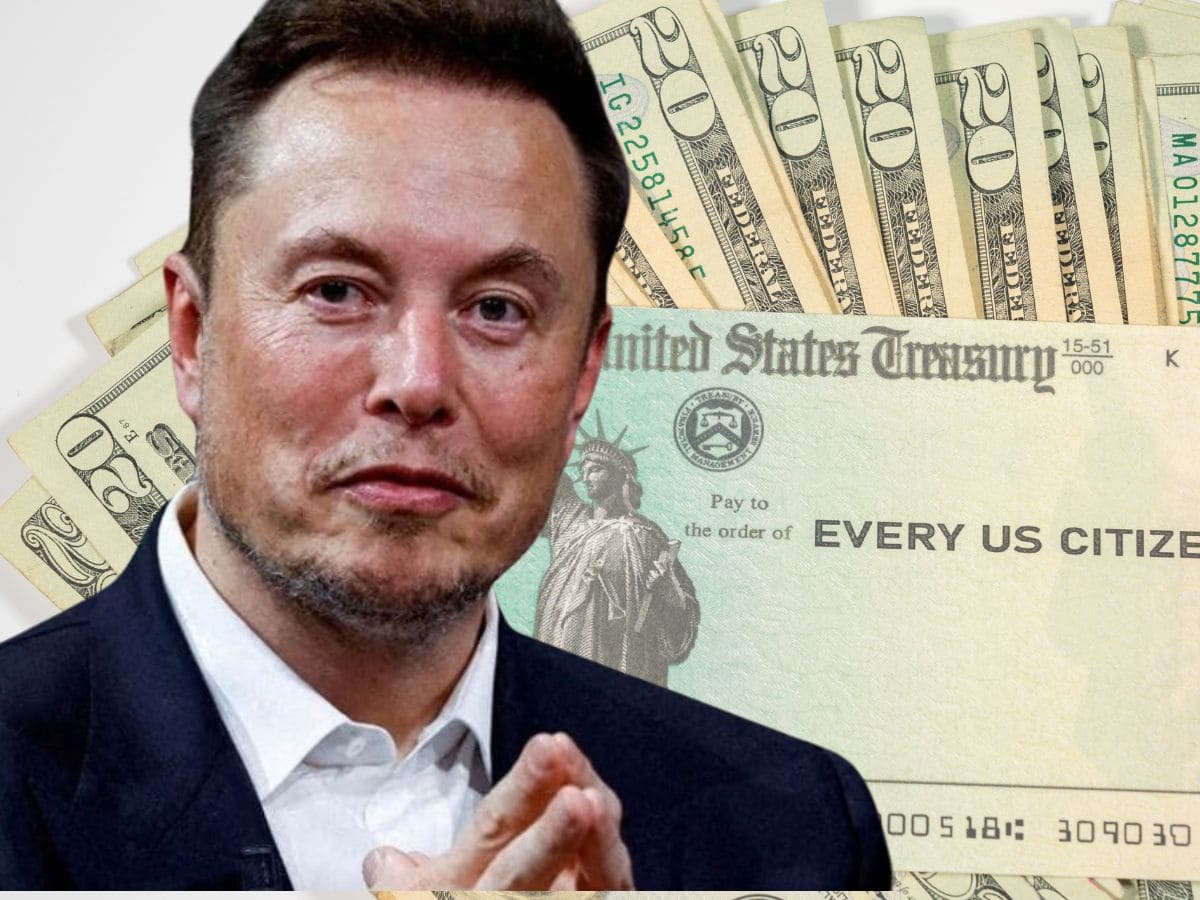In recent weeks, speculation has been growing around the possibility that the Department of Government Efficiency (DOGE), led by Elon Musk, could distribute $5,000 checks to American taxpayers. The proposal, reminiscent of the stimulus checks issued during the pandemic, aims to return 20% of the savings generated by the agency to the public.
The initiative, known as the “DOGE Dividend,” was suggested by James Fishback, a 30-year-old investor, and has gained traction after being acknowledged by former President Donald Trump. However, despite the attention it has received on social media and in political circles, the plan faces significant legislative and economic hurdles that could prevent it from moving forward.
What Is the “DOGE Dividend” Proposal?
According As, the Department of Government Efficiency, spearheaded by Musk, focuses on cutting federal spending and optimizing resources. According to Fishback, the initiative could generate $2 trillion in savings, with $400 billion potentially allocated to direct payments for taxpayers. If implemented, around 79 million eligible citizens could receive a $5,000 check each.
Musk himself acknowledged the proposal on X (formerly Twitter), stating that he would consult with President Trump about it. A few days later, at the Future Investment Initiative Institute Priority Summit, Trump expressed support for the idea, stating that his administration is “considering giving 20% back to the American people and using another 20% to pay off debt.”
President Trump and @ElonMusk should announce a ‘DOGE Dividend’—a tax refund check sent to every taxpayer, funded exclusively with a portion of the total savings delivered by DOGE. 🧵 pic.twitter.com/p5AZZj3Ttc
— James Fishback (@j_fishback) February 18, 2025
What Are the Challenges to Approval?
Despite gaining momentum, the proposal faces significant obstacles before it can become a reality. First and foremost, Congress would need to approve the measure, which is far from guaranteed.
A major point of contention is its economic impact. Republican lawmakers have frequently criticized stimulus programs, arguing that they contribute to inflation and increased government debt. Additionally, the actual amount of savings DOGE can generate remains uncertain, as many of its cost-cutting initiatives could face legal challenges in court.
While the idea of DOGE checks has sparked public interest, it remains an uncertain prospect. For now, the debate continues among economists and policymakers over whether such a plan is feasible—or just another political promise unlikely to materialize.








